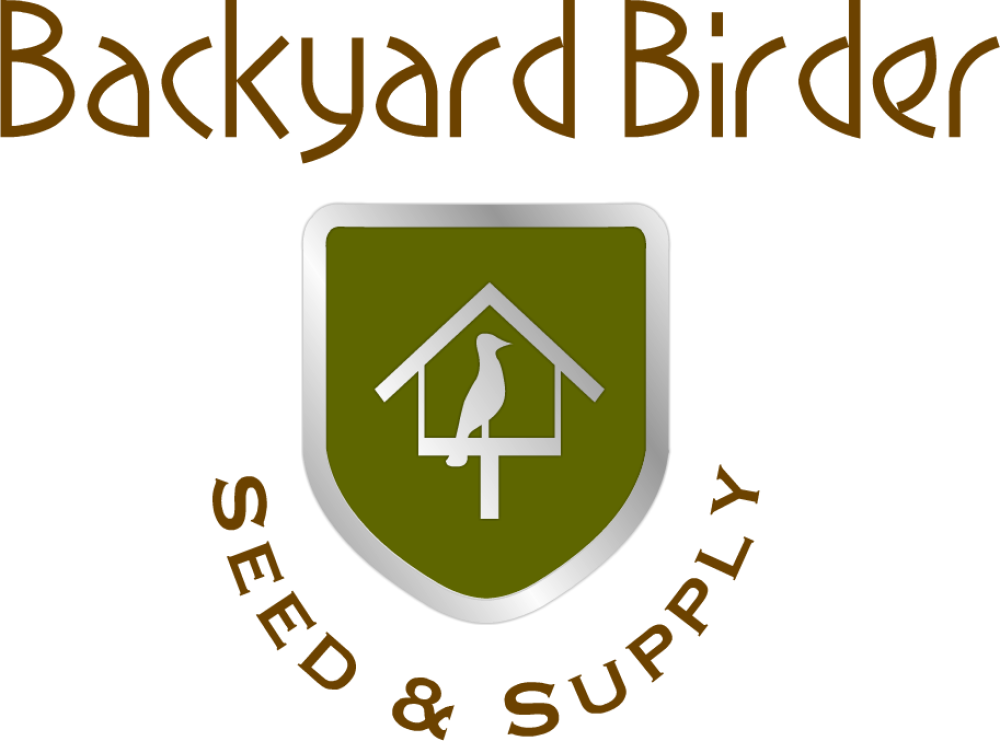Here’s some tips to make your garden and home environment protective and welcoming during the harsh winter weather:
1. Leave a brush pile, a loose collection of fallen sticks and branches, on the edges of your yard or near your bird feeders to provide a safe place for birds to roost overnight or retreat into if they see a predator.
2. Save the fall cleanup for spring. Fallen leaves are nature’s mulch. Rake them into your landscaped beds where they protect your soil and return their nutrients to it, and provide shelter for wintering fireflies, butterflies, toads and turtles. Birds and small mammals will search through the leaves for food, too.
3. Don’t cut down any native long grasses or wildflowers with seed-heads. Birds like to hang out in clumps of long grass during the day time for safety, and the seed heads on your native flowers serve as natural bird feeders all winter. Native bees also hibernate inside the larger flower stems.
4. Keep feeders and seed accessible throughout the winter. Make sure you clear snow from the tops of platform feeders and clear an area on the ground where you can scatter seed for ground-feeding species such as juncos, sparrows, and doves.
5. Keep your feeders clean and filled with fresh seed. Keep seed dry with a weather guard. When birdseed gets wet, it may begin to spoil or become moldy, which is detrimental to the health of wild birds.
6. Consider putting out some high energy foods such as suet and mealworms. Their high fat and protein content gives birds a much-needed energy boost to make it through cold winter nights.
7. Provide extra high-quality food in bad weather as this is when birds need food most. Keep some extra feeders and seed on hand incase a winter storm moves into your area.
8. Provide plenty of water. In the winter, dehydration can be a big problem for birds since most water sources are frozen. A heated birdbath or a deicer in your birdbath ensures you the best activity on the block! Birds also need water to preen their feathers correctly and insulate them well, which keeps birds warm. Remember to also keep the birdbath clean and filled with fresh water.
9. Position shelters- nestbox and bird house openings away from windy areas or primarily south to take advantage of the winter sun.
10. Protect shelters from predators- Use baffles to keep predators such as raccoons and squirrels from climbing posts.
And of course, the bonus - you will be rewarding yourself with the benefit of watching beautiful birds all winter!



